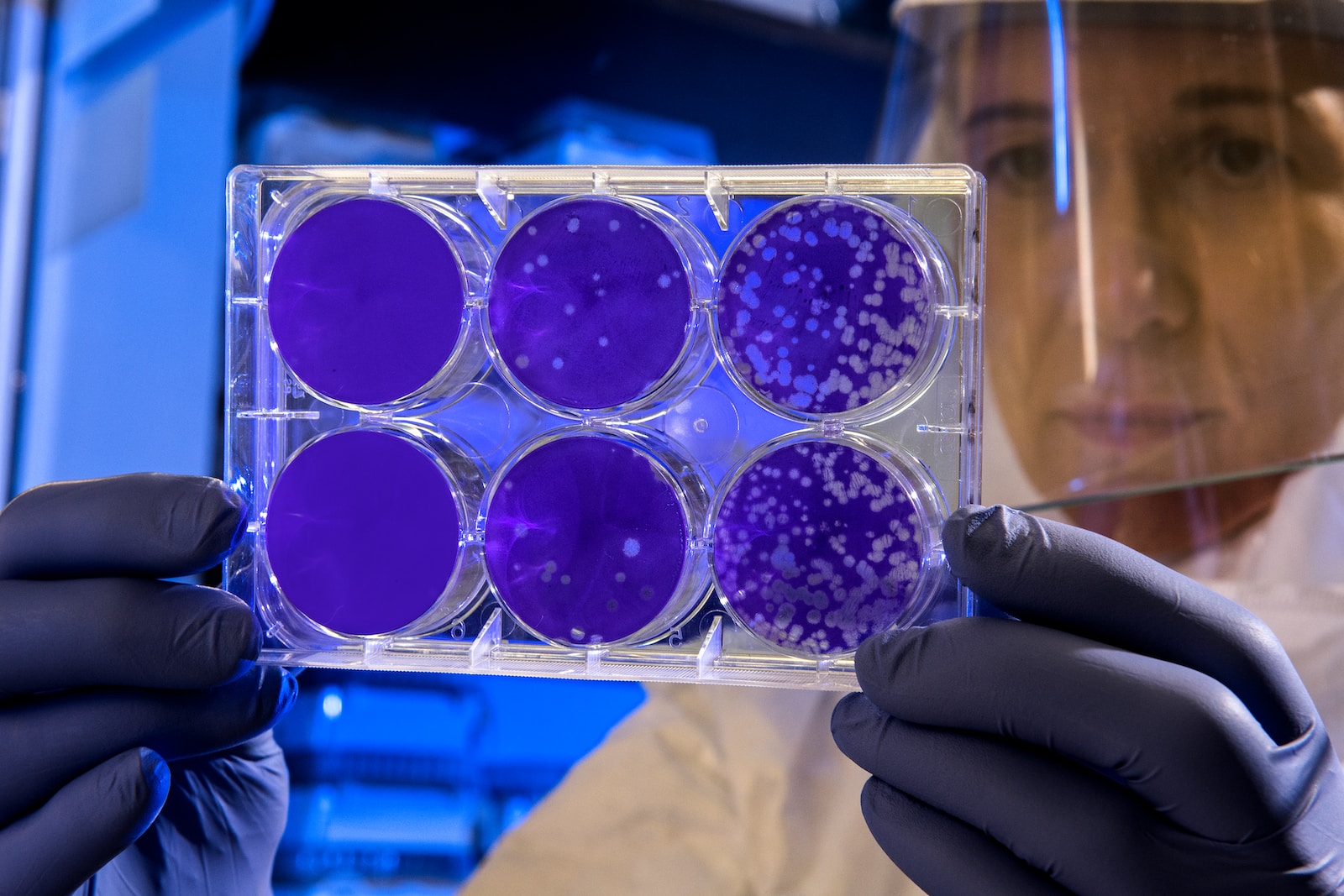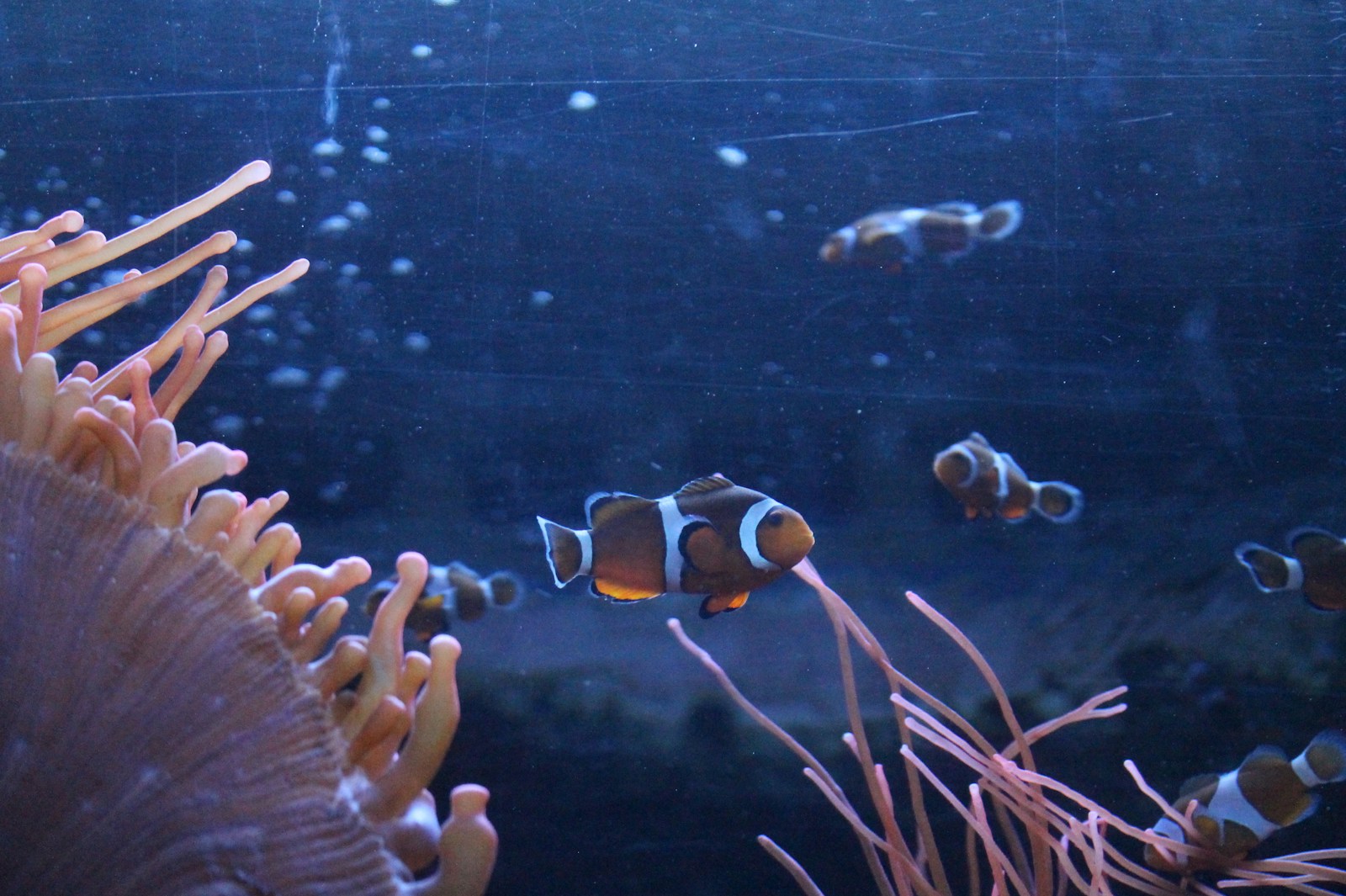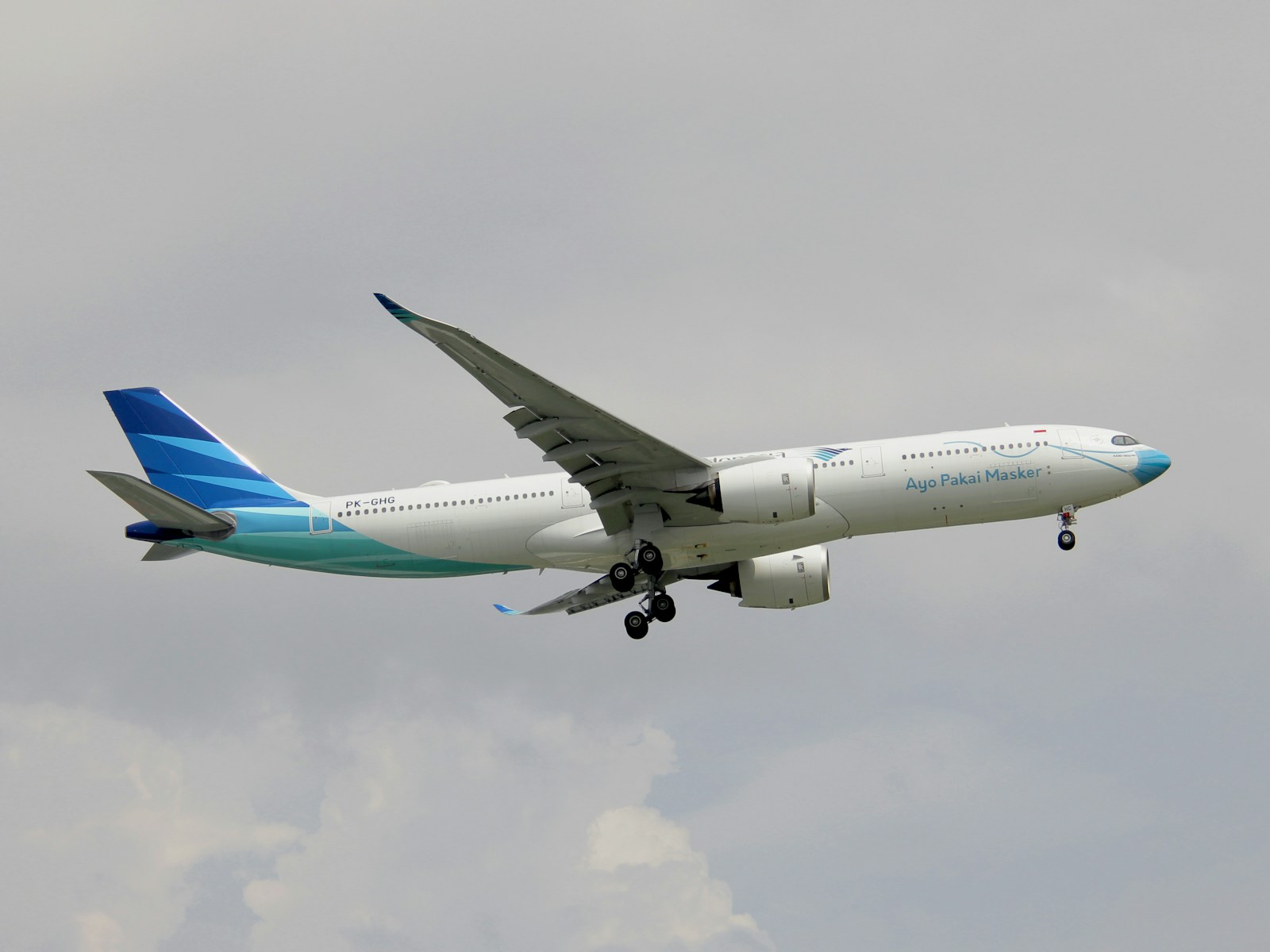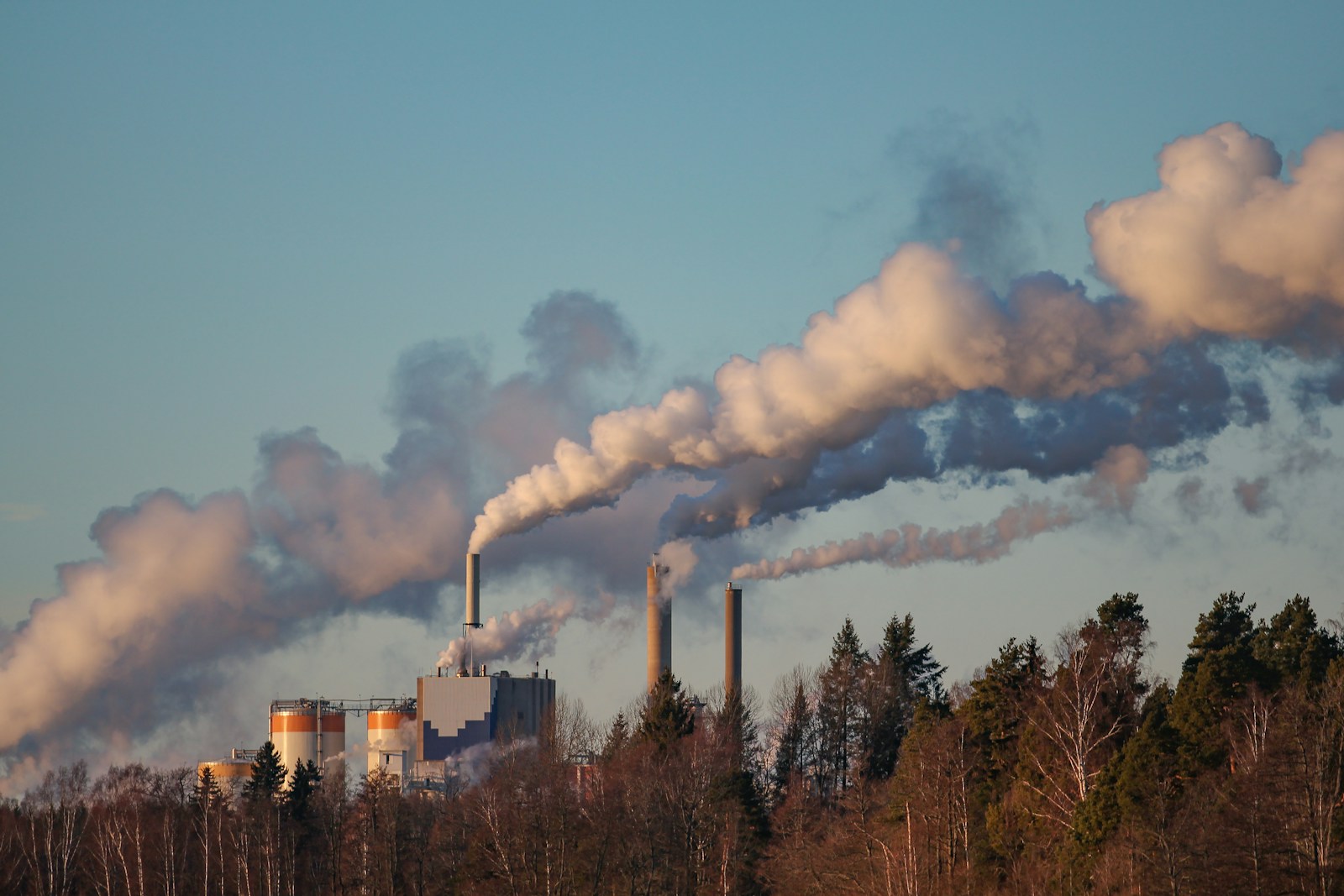Table of Contents
ToggleThe E. coli Contamination: A Concerning Discovery
The tranquility of Grand Canyon National Park in Arizona has been disrupted by a recent discovery. The National Park Service (NPS) has detected the presence of E. coli bacteria in the park’s water supply, raising serious health concerns. The contamination specifically affects the Phantom Ranch area, triggering a swift response from park authorities.
Boil Water Advisory: Precautions for Visitors
In light of the E. coli contamination, the NPS has issued a boil water advisory for visitors staying at Phantom Ranch, located at the southern end of the Grand Canyon. The advisory emphasizes the importance of boiling water before use, as the bacteria can cause illness, especially for individuals with weakened immune systems. The contamination can occur due to various factors, such as increased run-off or system failures in water treatment and distribution.
Understanding E. coli: Causes and Symptoms
E.coli, short for Escherichia coli, is a type of bacteria commonly found in the environment, as well as in human and animal intestines. While many strains of E. coli are harmless, some can cause severe illness. Symptoms of E. coli infection include intense stomach cramps, diarrhea (often bloody), vomiting, respiratory illness, urinary tract infections, and pneumonia. The incubation period typically ranges from one to ten days after consuming contaminated food or water.
Seeking Medical Attention: When to Act
While most E. coli cases resolve on their own within a week, certain circumstances warrant medical attention. If diarrhea persists for more than three days, is accompanied by a fever exceeding 102˚F, includes bloody stools, or causes excessive vomiting and dehydration, it is crucial to consult a healthcare provider. Such symptoms may indicate a severe infection that requires professional care.
Rare but Serious: Hemolytic Uremic Syndrome
In rare instances, E. coli infection can lead to a life-threatening condition called hemolytic uremic syndrome (HUS). HUS primarily affects children and can cause kidney failure and other severe complications. Symptoms of HUS include extreme fatigue, decreased urination, and noticeable paleness in the face and lower eyelids. If these symptoms arise, immediate medical attention is essential.
National Park Service’s Actions: Controlling the Situation
The NPS is diligently addressing the contamination issue by implementing control system adjustments and restarting the chlorination process. Additionally, they are intensifying coliform bacteria sampling to identify the source of the contamination accurately. The park authorities will keep visitors informed about the progress and lift the boil water advisory once the tests confirm the absence of bacteria.
Spreading Awareness: Sharing the Advisory
To ensure the safety of everyone in the area, it is crucial to share the boil water advisory with individuals who may be exposed to the contaminated water. By spreading awareness, we can help prevent further cases of E. coli infection and protect vulnerable individuals. Collaboration and communication play a vital role in mitigating the risks associated with this waterborne contamination.
Promoting Safety: Guidelines for Reducing the Risk
In addition to the NPS advisory, it is essential to follow general guidelines for reducing the risk of infection from waterborne microbes. Boiling water for at least one minute per 1,000 feet of elevation is recommended to kill bacteria. This applies to drinking, cooking, brushing teeth, washing dishes, and making ice. Alternatively, using bottled water is a safe option. Individuals seeking further guidance can contact the EPA Safe Drinking Water Hotline at 1-800-426-4791.
By staying informed, taking necessary precautions, and spreading awareness, we can collectively address the presence of E. coli in Grand Canyon National Park’s water supply. Let us prioritize the well-being of visitors and work towards restoring the pristine beauty of this natural wonder.







